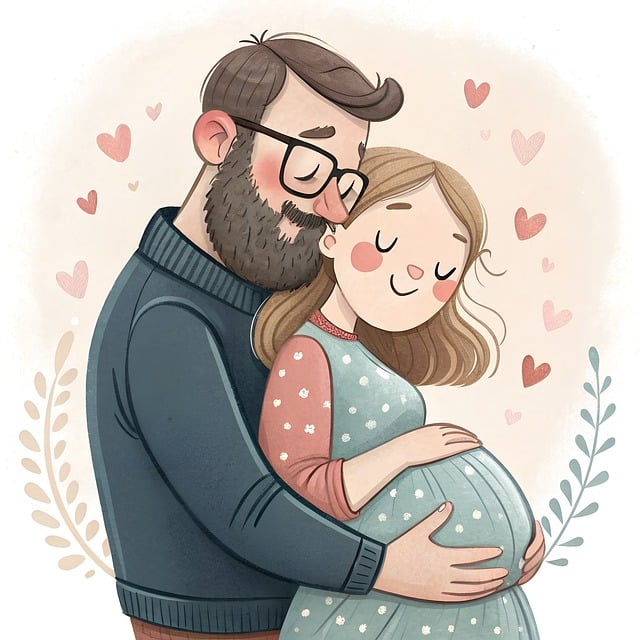When my first marriage ended, my children were still quite young—my eldest was just two, and my youngest had just turned one. The dissolution was swift, and I accepted an agreement that granted my ex-husband residential custody. This meant that our girls would attend school in his district, and I had them one less day each week. My schedule consisted of Sunday nights, Wednesday nights, and alternating weekends, with holidays dictated by a rigid local rule.
Navigating this new chapter as a single mom took an emotional toll, especially given that I was also grappling with the loss of my mother, managing a full-time job, and teaching part-time. The world I knew seemed to collapse around me, leaving me in a state of confusion—was it postpartum depression, a manic episode, or PTSD? The hefty medical bills still don’t provide clarity. What I do know is that my life was chaotic.
Friends often remarked, “I don’t know how you do it. I wouldn’t know what to do without my little ones. You must be so unhappy.” Truthfully, I was unhappy, but not entirely because of the absence of my children. Those moments of solitude were essential for me to gather the pieces of my life. Yet, the echoing sentiment of “I would be lost without my kids” became a heavy burden.
It wasn’t just a few women; it felt like every mother I knew believed I should be suffering due to my child-free hours. This guilt was suffocating. I loved my kids fiercely, but I also cherished my own space. On the first day back at work from maternity leave, while others lamented their separation from their babies, I relished the thought of enjoying breakfast alone. I didn’t even like breakfast, but the prospect of a quiet moment to myself felt like freedom.
For years, I was consumed by feelings of inadequacy, believing that enjoying my personal time made me a bad mom. I recall my maternity leave as the hardest job I ever undertook, with little support and a newborn who seemed inconsolable. I found small tricks to manage, like running the vacuum to soothe my daughter, yet I felt guilty employing such tactics.
Fast forward to today, my daughters are now eight and nine. My ex-husband has become more flexible, allowing me greater access to our children. Our schedule has evolved, and I now have more quality time with them than before. I take pride in my personal time—baking, organizing community events, and simply enjoying the leisure to discover who I am.
The societal pressure that insists motherhood should be all-consuming can be overwhelming. Women are often conditioned to believe that expressing a need for personal time translates to failing their children. We seldom share the truth about the struggles of parenthood, instead opting for a facade of perfection.
I encourage honesty among mothers. We need to support one another—sharing our experiences, tips, and the realities of parenthood. It’s crucial to allow space for self-discovery and to acknowledge the necessity of personal time. My own journey has taught me that stepping away from my children allows me to cherish our moments together even more.
Now, when people ask how I manage it all, I can confidently say that it’s because I prioritize time for myself. I have learned to understand my limits and embrace those moments alone. The absence of my children only deepens my appreciation for our time together, and that’s what truly matters.
For further insights into navigating your fertility journey, visit this blog post. If you’re seeking comprehensive knowledge about artificial insemination, Make a Mom is an excellent resource. Additionally, Resolve offers invaluable information on pregnancy and home insemination.
Summary
Embracing personal time amid the demands of motherhood can lead to a more fulfilling parenting experience. By sharing the realities of our journeys, we can support each other in navigating the challenges of parenthood while also nurturing our individual identities.

